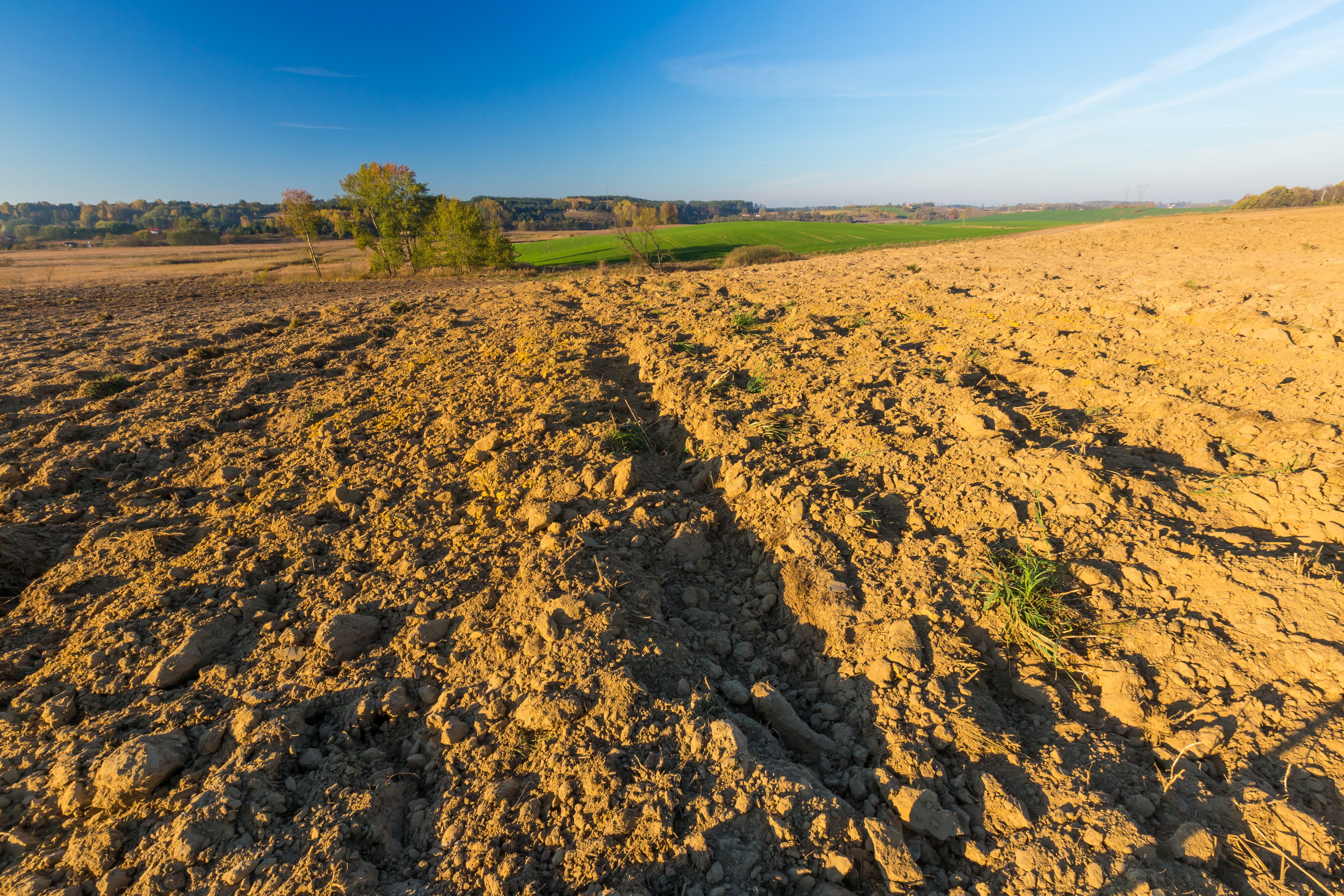There are a number of farming practices to improve soil health management, such as using cover crops, diversified crop rotations, and reduced tillage, that show promise for agricultural sustainability and environmental benefits. In order to interpret how the interaction of soil, management, and environmental variables impact soil health indicators, it is necessary to use regional data from similar soils. Unfortunately, this information for Minnesota currently exists only in disparate datasets that must be documented and standardized before they can be used for analysis.
Hava Blair, a PhD student in Land and Atmospheric Sciences in the Department of Soil, Water, and Climate, is working on a project to improve the accessibility and interoperability of existing datasets and enhance researchers’ ability to interpret soil health data. The project includes developing a process and framework for aggregating, harmonizing, and interpreting soil health data for Minnesota; constructing a predictive agro-ecoregional map to facilitate data aggregation and analysis of baseline soil health status; and generating regional summaries and data visualizations of available soil health metrics and management comparisons for diverse stakeholders.
Some funding for this project was provided by a 2021 University of Minnesota Informatics Institute MnDRIVE PhD Graduate Assistantship. The UMII MnDRIVE Graduate Assistantship program supports UMN PhD candidates pursuing research at the intersection of informatics and any of the five MnDRIVE areas:
- Robotics, Sensors and Advanced Manufacturing
- Global Food Ventures
- Advancing Industry, Conserving Our Environment
- Discoveries and Treatments for Brain Conditions
- Cancer Clinical Trials
This project is part of the Global Food Ventures MnDRIVE area.
Research Computing partners:
- University of Minnesota Informatics Institute (funding)
